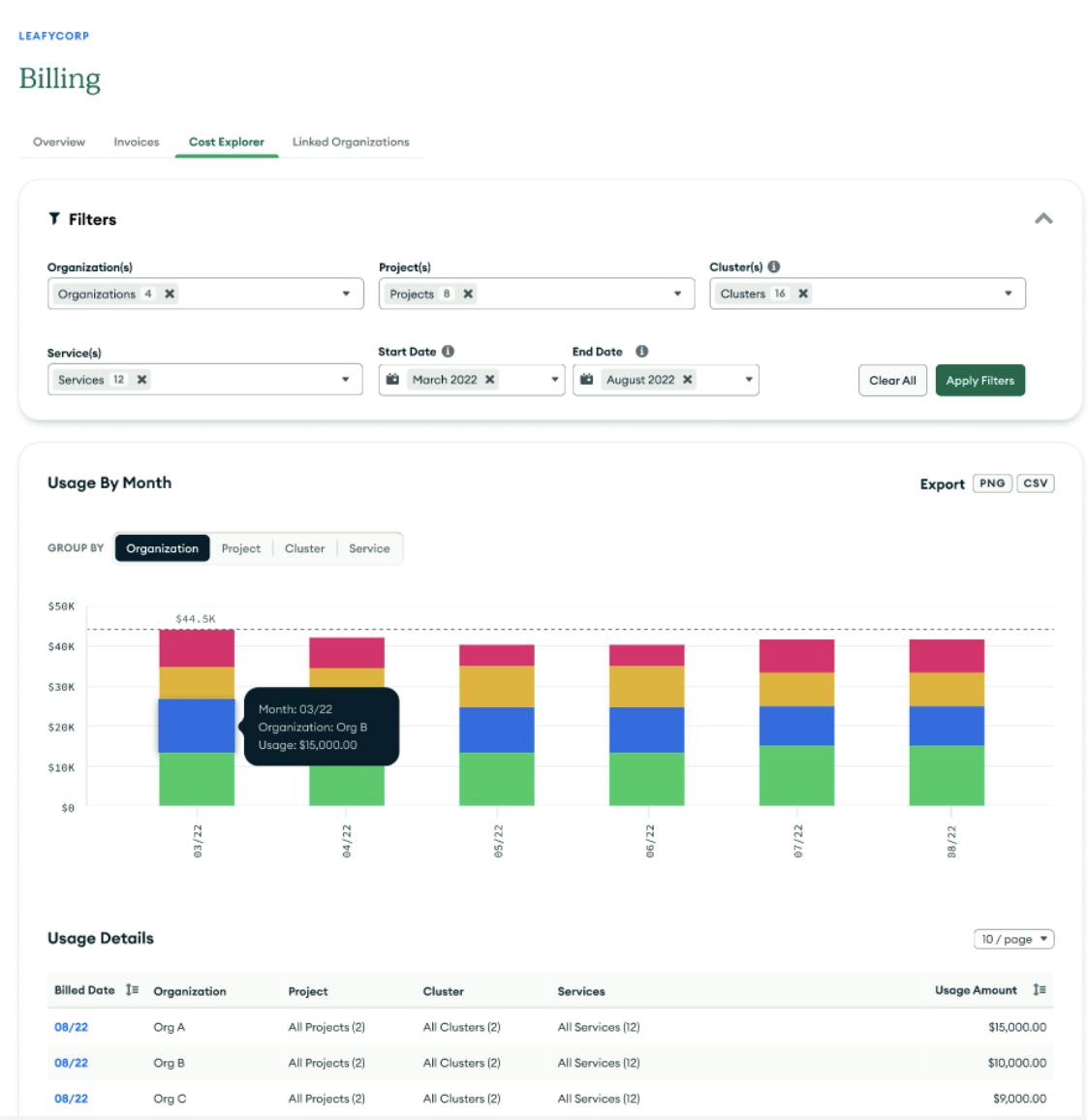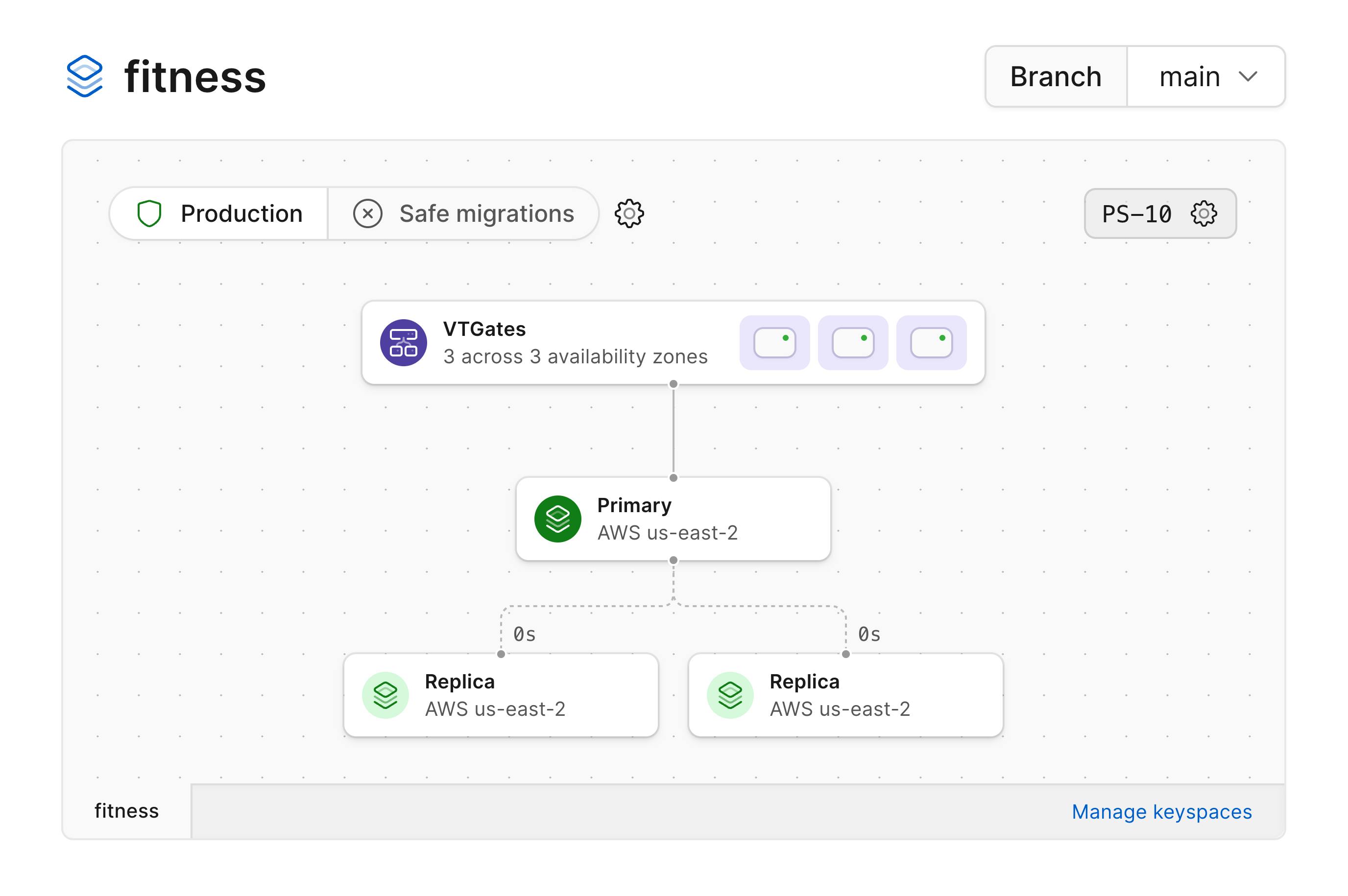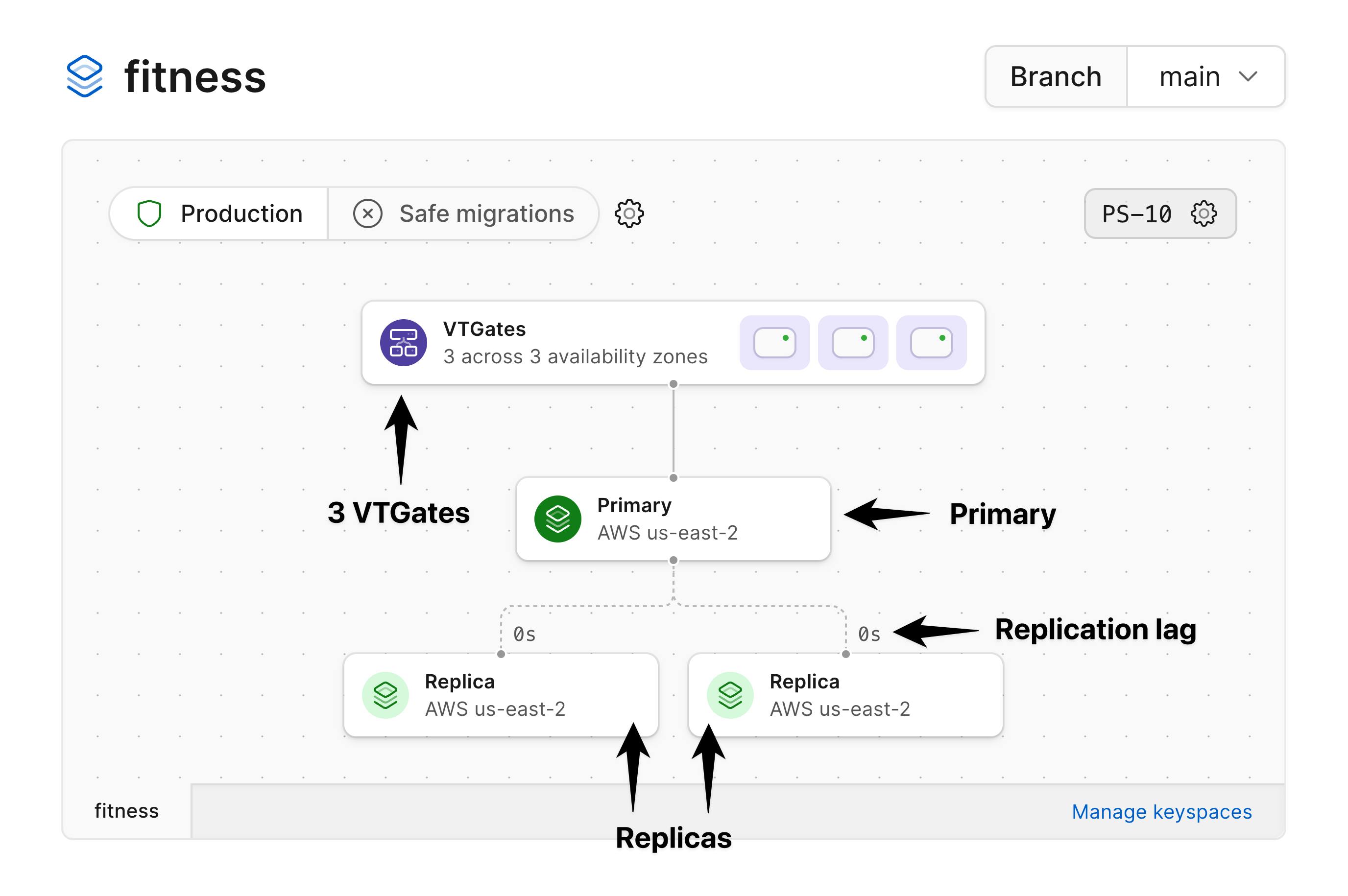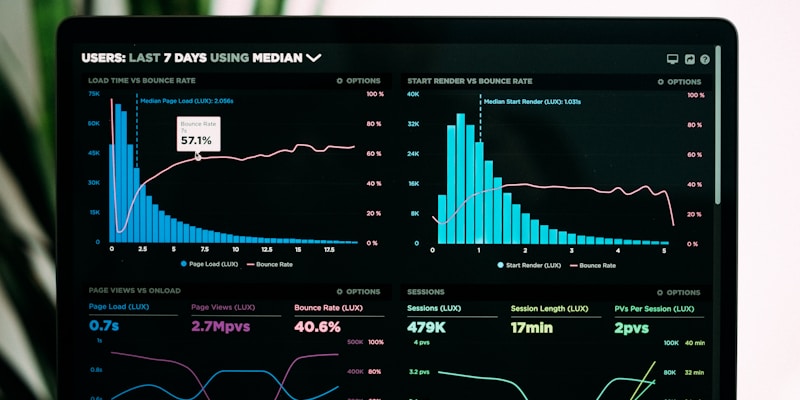
Why MongoDB Atlas Is Financial Cancer for Startups
MongoDB Atlas pricing is designed by sociopaths. Seriously. I spent 3 months thinking I was paying ~$60/month for an M10. Actual average bill? $180/month. Here's how they fuck you:
The Index Bloat Scam: MongoDB creates indexes automatically. They don't tell you this shit adds 20-40% storage overhead. My 8GB dataset became 12GB overnight because of indexes I didn't even know existed. M10 → M20 upgrade: **$115/month**. Support response? "Working as designed, dickhead." (Paraphrasing)
The Peak Usage Trap: They bill for your highest usage during the month. Traffic spike for 2 hours? You pay M30 rates ($250) for 30 days. This is capitalism distilled into pure malice.
Performance Advisor = Expense Generator: This tool suggests indexes like a dealer offers free samples. Every "performance optimization" costs 10-20% more storage. I ignored half their suggestions and saved $50/month. Some queries run 100ms slower. Who gives a shit?

What actually happened: Started on M10 thinking I was being smart. Then data grew. Then indexes multiplied like fucking cancer. First I tried upgrading to M30 thinking it was a performance issue. Spent an hour thinking it was a connection pooling problem. Support suggested "optimizing queries" which helped exactly zero.
Then Product Hunt hit and Atlas auto-scaled me into bankruptcy. Took me two months to notice I was still paying M30 rates because I'm an idiot. Oh, and backups cost extra because of course they do.
Should've spent maybe $300-400 total. Actual damage? Somewhere north of $900. Atlas works great if daddy's VC firm is paying. If you're bootstrapping, good luck sleeping at night.
PlanetScale: Premium MySQL for People with Actual Budgets

PlanetScale murdered their free tier in March 2024. Absolute fucking betrayal of the developer community. Went from "try us for free!" to "$39/month minimum" overnight. Pure venture capital greed.
But here's the thing that pisses me off: it's actually worth the money.
Every PS-10 instance ($39/month) runs a 3-node Vitess cluster. While Atlas charges you extra for replica sets and backup, PlanetScale includes high availability by default. You get automatic failover that actually works, not like the half-broken shit MongoDB offers.

Storage costs will murder your budget: $1.50/GB total. 100GB database = $150/month JUST FOR STORAGE, plus your base plan. Never figured out why PlanetScale storage costs $1.50/GB when AWS charges like $0.10. Probably because of the 3x replication but their marketing doesn't explain the math.
Did the math once: 50GB app cost $114/month ($39 base + $75 storage) vs $250+ on Atlas for equivalent reliability.
Database branching is fucking magic. Zero-downtime schema changes saved my ass when I had to add indexes to a production table with 10M rows. On regular MySQL? 3AM maintenance window, sweating over potential data corruption. PlanetScale? Merge branch, done.
The catch: You need VC money or customers actually paying you. Bootstrap developers can get fucked, apparently. Classic SaaS move: free tier to build addiction, then paywall once you're hooked.
Supabase: The One That Doesn't Hate Poor Developers
Supabase is the only one that doesn't make me want to quit programming and become a farmer. While Atlas and PlanetScale focus on bleeding you dry for one database, Supabase gives you the whole fucking backend stack: PostgreSQL + auth + real-time + file storage + edge functions.
Free tier that actually works: 500MB database, 50k MAU. I ran a B2B SaaS to 5k users and $2k MRR on the free tier. Try doing that on Atlas without getting bankrupted.
Pro plan reality check: $25/month base, then you need compute credits. Micro instance ($10/month in credits) handles way more than you'd expect. So really $35/month gets you production-ready everything.
But here's why I love these fuckers: spend caps that actually work. Set $50/month limit, hit it, service pauses gracefully. No surprise $800 bills. No "oops we auto-scaled your database during a traffic spike" bullshit. Just civilized behavior from a company that remembers what it's like to bootstrap.
My actual production costs:
- Pro: $25/month
- Small compute: $40/month (4GB ARM, handles 15k DAU)
- Storage overage: maybe $3-5/month
- Total: ~$70/month for what costs $300+ elsewhere
The magic: Usage-based billing that scales DOWN during low traffic. Atlas and PlanetScale charge you for peak capacity 24/7. Supabase says "you only had 100 users today? Here's a $2 bill." Revolutionary concept, apparently.
The One Trap They All Use to Fuck You
Data transfer costs. Nobody mentions this upfront because it's pure profit margin for them.
Atlas hits you with full AWS egress charges (~$0.12/GB). PlanetScale includes transfer in their higher plans, but PS-10 users get screwed. Supabase gives you 250GB free then $0.09/GB.
One Product Hunt launch cost me like $200-300 in transfer fees I had zero idea were coming. API-heavy app with image uploads? You're fucked on all three platforms, just different amounts of fucked.
Listen up bootstrap founders: Budget 2-3x whatever their calculators say. Every single one of these platforms has designed their pricing to maximize the gap between "estimated cost" and "actual bill." It's not an accident - it's the business model.


